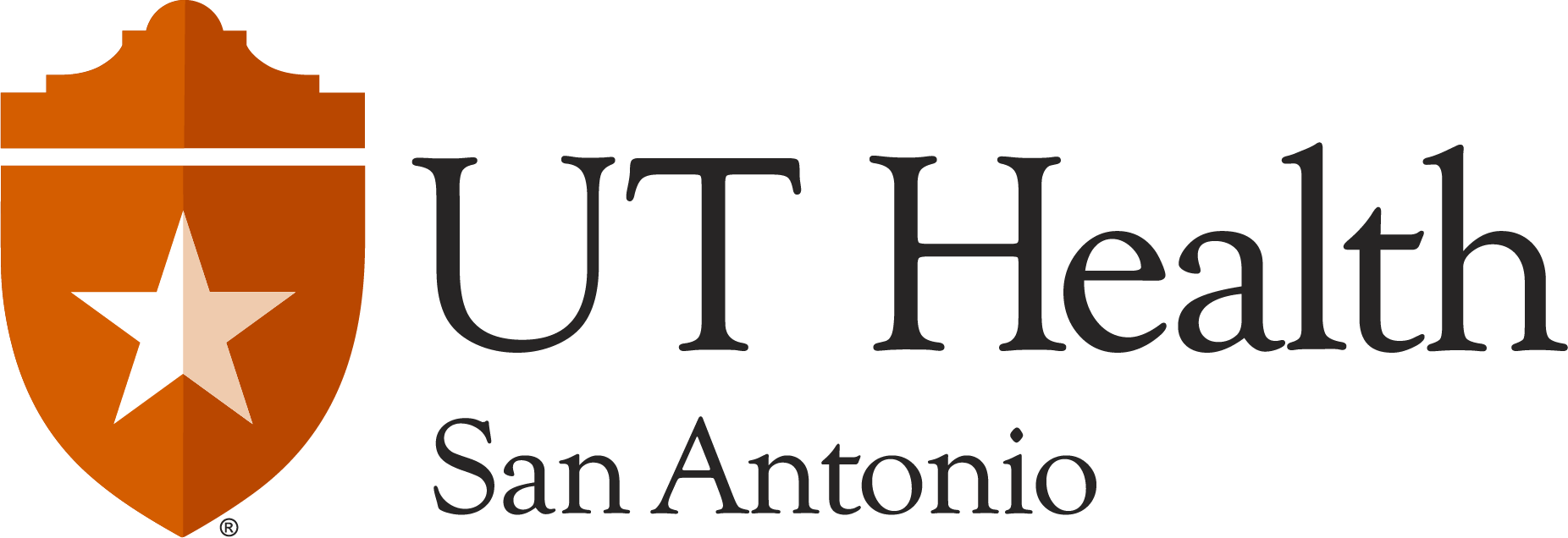| Principal Investigator: | Michelle L. Zafron, MLS |
| Organization: | Health Sciences Library/University at Buffalo |
Abstract
Problem
Physical Therapy graduate students are required to take an Evidence-Based Practice [EBP] course in their first year. Successful implementation of EBP demands the ability to locate medical research in an efficient and timely manner. Although the course taught students to construct clinical questions and how to evaluate the research, the single session of library instruction was not successful in instilling the necessary searching skills in them. Students left the course without the ability to search the medical literature as effectively as was desired.
Evidence
The information literate user employs critical thinking skills and knows where and how to locate the information they need. Because of their proficiency with locating the literature, librarians are particularly suited for teaching information literacy.
Strategy
Using their expertise and experience with EBP and database searching, the librarians and the faculty collectively devised an integrated approach to incorporate database searching and retrieval seamlessly into the course.
Practice Change
The librarians went from teaching a single session to teaching five. They used conceptual exercises to provide the students with a stronger understanding of systematic reviews and indexing. They covered several database platforms (free and fee-based), teaching search techniques from the basic to the advanced. Graded assignments and exam questions emphasized the importance of searching ability.
Evaluation
The outcome measures used included the literature searching exercises, exam questions, the students’ project presentations, and course evaluations.
Results
Students produced higher quality final presentations. Course evaluations consistently indicate a higher feeling of confidence in students’ ability to search the literature. The students have demonstrated that they retain a strong grasp of how to locate the relevant medical literature.
Recommendations
Faculty/Librarian collaboration, planning, and preparation are crucial to imparting information literacy skills to EBP students.
Bibliography
- Courey, T., Benson-Soros, J., Deemer, K., & Zeller, R. A. (2006). The missing link: Information literacy and evidence–based practice as a new challenge for nurse educators. Nursing Education Perspectives, 27(6), 320–323.
- Jacobs, S. K., Rosenfeld, P., & Haber, J. (2003). Information literacy as the foundation for evidence–based practice in graduate nursing education: A curriculum–integrated approach. Journal of Professional Nursing, 19(5), 320–328.
- Maher, C. G., Sherrington, C., Elkins, M., Herbert, R. D., & Moseley, A. M. (2004). Challenges for evidence-based physical therapy: Accessing and interpreting high-quality evidence on therapy. Physical Therapy, 84(7), 644–654.
- Morgan, P. D., Fogel, J., Hicks, P., Wright, L., & Tyler, I. (2007). Strategic enhancement of nursing students information literacy skills: Interdisciplinary perspectives. Abnf J, 18(2), 40–45.
- Nail-Chiwetalu, B. J., & Ratner, N. B. (2006). Information literacy for speech–language pathologists: A key to evidence–based practice. Language, Speech, and Hearing Services in Schools, 37(3), 157–167.
- Sackett, D. L., Rosenberg, W. M., Gray, J. A., Haynes, R. B., & Richardson, W. S. (1996). Evidence based medicine: What it is and what it isn’t. BMJ, 312(7023), 71–72.
- Shorten, A., Wallace, C., & Crookes, P. A. (2001). Developing information literacy: A key to evidence–based nursing. International Nursing Review, 48(2), 86–92.
- Skiba, D. J. (2005). Preparing for evidence–based practice: Revisiting information literacy. Nursing Education Perspectives, 26(5), 310–311.
- Zafron, M. L., & Brower, S. M. (2005). Rules of evidence: Information literacy training in the health sciences and its applicability to other disciplines. Paper presented at the LOEX, Louisville, KY.

